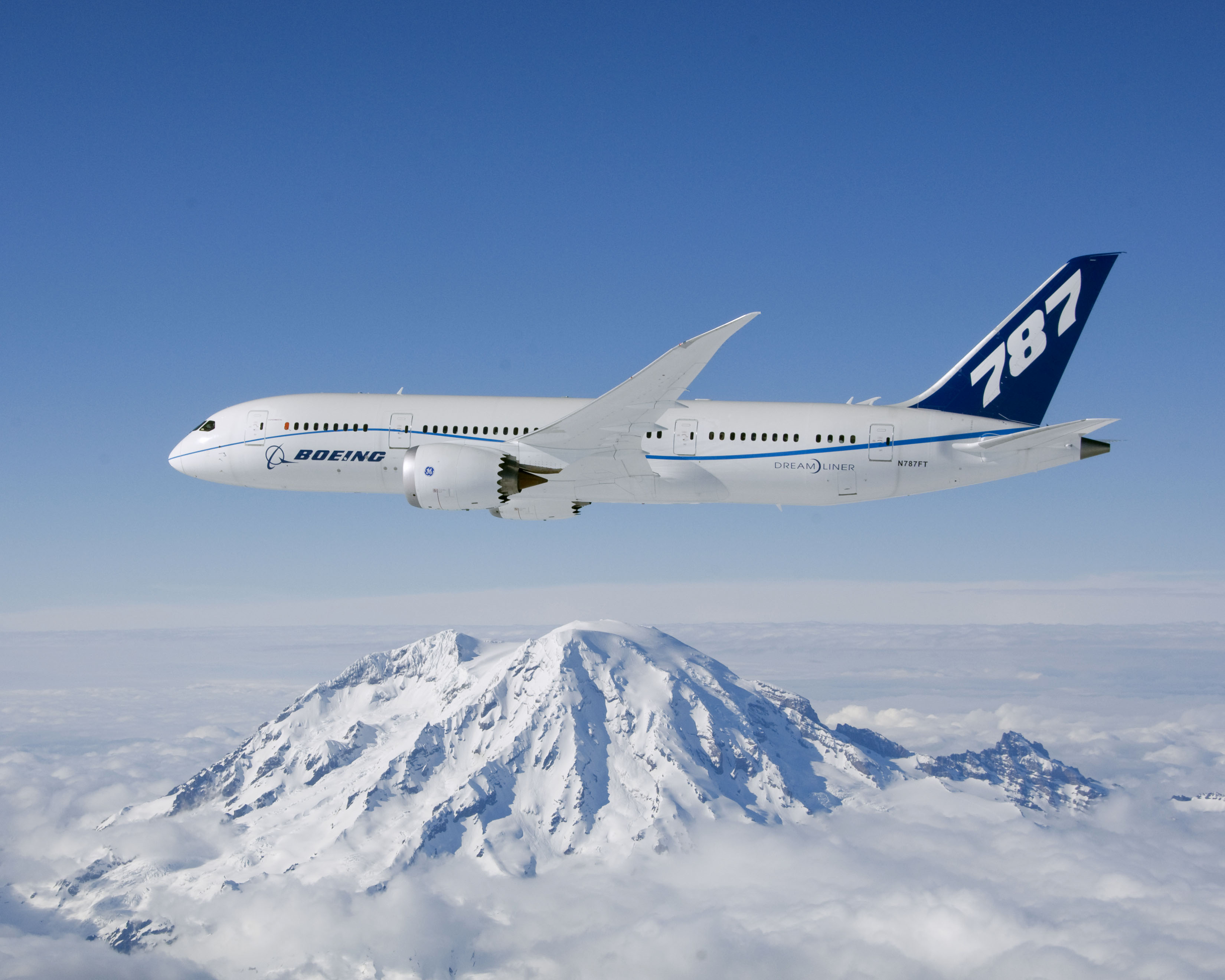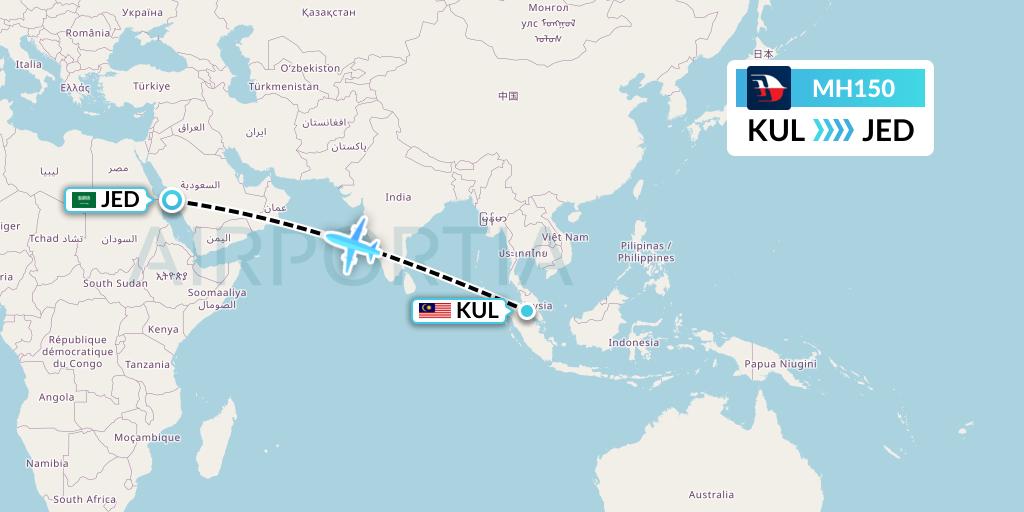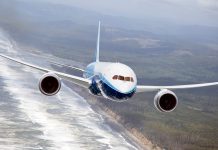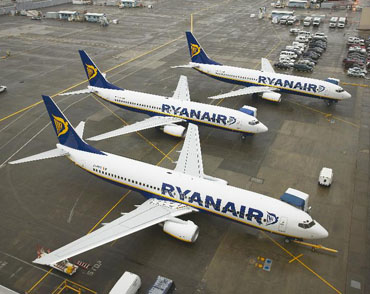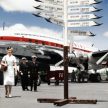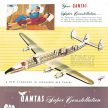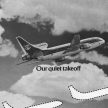A Ryanair on “the pessimistic side of cautious” is forecasting turbulence ahead as higher staff and fuel costs combine with soft pricing to drive down profit.
The major European player reported a 10 percent rise in after-tax profit to €1.45bn for the 2018 financial year as lower fares stimulated traffic and kept its load factor at an impressive 95 percent.
But it forecast its financial year 2019 profits could fall by almost 14 percent to a range of €1.25bn to €1.35bn.
It also predicted fuel would be a major headwind for the next two years.
READ Halved Ryanair check-in times could lead to a big fee.
Ryanair chief executive Michael O’Leary said forward bookings remained strong but the airline was cautiously forecasting fares would remain flat for the year.
“Ancillary revenues will grow as penetration of customer services continues to rise,’’ he said. “We do not expect ancillary revenue growth to fully offset higher costs and lower fares, and so we expect FY19 profits will fall to a range of €1.25bn to €1.35bn.”
O’Leary said the forecast was heavily dependent on second half fares, a “normal” level of air traffic control disruptions “and no negative Brexit developments during this period”.
Ryanair remains worried about the impact of a hard Brexit in March, 2019, and its impact on licensing and flight rights.
It plans to restrict the voting rights of all non-EU shareholders to ensure it remains majority EU-owned and has warned this could affect UK investors.
It has also applied for a UK air operator’s certificate and O’Leary said the company hoped it would get this before the end of 2018.
Ryanair boosted its passenger count in the year ending March 31, 2018, by 9 percent to 130.3 million, despite grounding 25 aircraft over winter because of problems with pilot rostering. Revenue rose 8 percent to €7,151, while unit costs fell 1 percent.
Ancillary revenues from charges on extras such as luggage and reserved seating rose by 13 percent and the airline is on target to reach its goal of making this 30 percent of revenue.
Average fares declined by 3 percent over the year and O’Leary said he expected EU capacity growth to continue to have a downward effect on ticket prices.
“This may be partly ameliorated by the switch of some charter capacity back to previously security challenged markets such as Turkey and Egypt,’’ he said “We expect later in the year, some upward pressure on pricing as significantly higher oil prices impact margins, especially those EU airlines who continue to expand despite having no prospect of achieving profitability.”
Ryanair is 90 percent hedged in fiscal 2019 against rising fuel prices at $US58 per barrel, well below the recent spot price of $US80 per barrel.
“While US Shale production remains strong, world demand for oil is growing, and a number of short-term political factors in Venezuela, Libya and Iran, suggests that prices will continue to be elevated for the coming year,’’ O’Leary said.
“Airfares tend to follow oil prices (as they have downwards over the last three years) but with a lag of up to 12 months before higher oil prices feed through to higher airfares.”
The Ryanair boss also said the industry in Europe was continuing to consolidate into five big airline groups.
He pointed to the collapse of Monarch, Lufthansa’s acquisition of parts of Air Berlin, IAG’s move on loss-making Norwegian,
During the year, Ryanair established a Polish charter airline, Ryanair Sun, which started flying in April and looked set to trade profitably in its first 12 months of operation.
In April, it acquired 24.9 percent of LaudaMotion, and was working, subject to EU approval, to increase that stake to 75 percent to work with Niki Lauda and his team to re-launch the carrier.
O’Leary said LaudaMotion was an attractive opportunity as it is an Airbus operator, and we are looking for opportunities to grow its Airbus fleet to 30-50 aircraft over the next five years.
“LaudaMotion has a valuable portfolio of slots at many congested airports in Germany, Vienna, and Palma de Mallorca,’’ he said. “We believe that by investing in these separate airlines, we can build a substantial and profitable group of EU airlines under the Ryanair Holdings banner over the next three years.’’
Ryanair added 50 Boeing 737s in FY2018 to bring its fleet to 430 aircraft and is poised to take delivery of 210 new fuel-efficient Boeing single-aisle aircraft it refers to as “Gamechangers”.
“This will lead to a modest increase in ex-fuel unit costs next year but will underpin our growth to almost 600 aircraft and 200m guests per annum by FY24,’’ O’Leary said.


